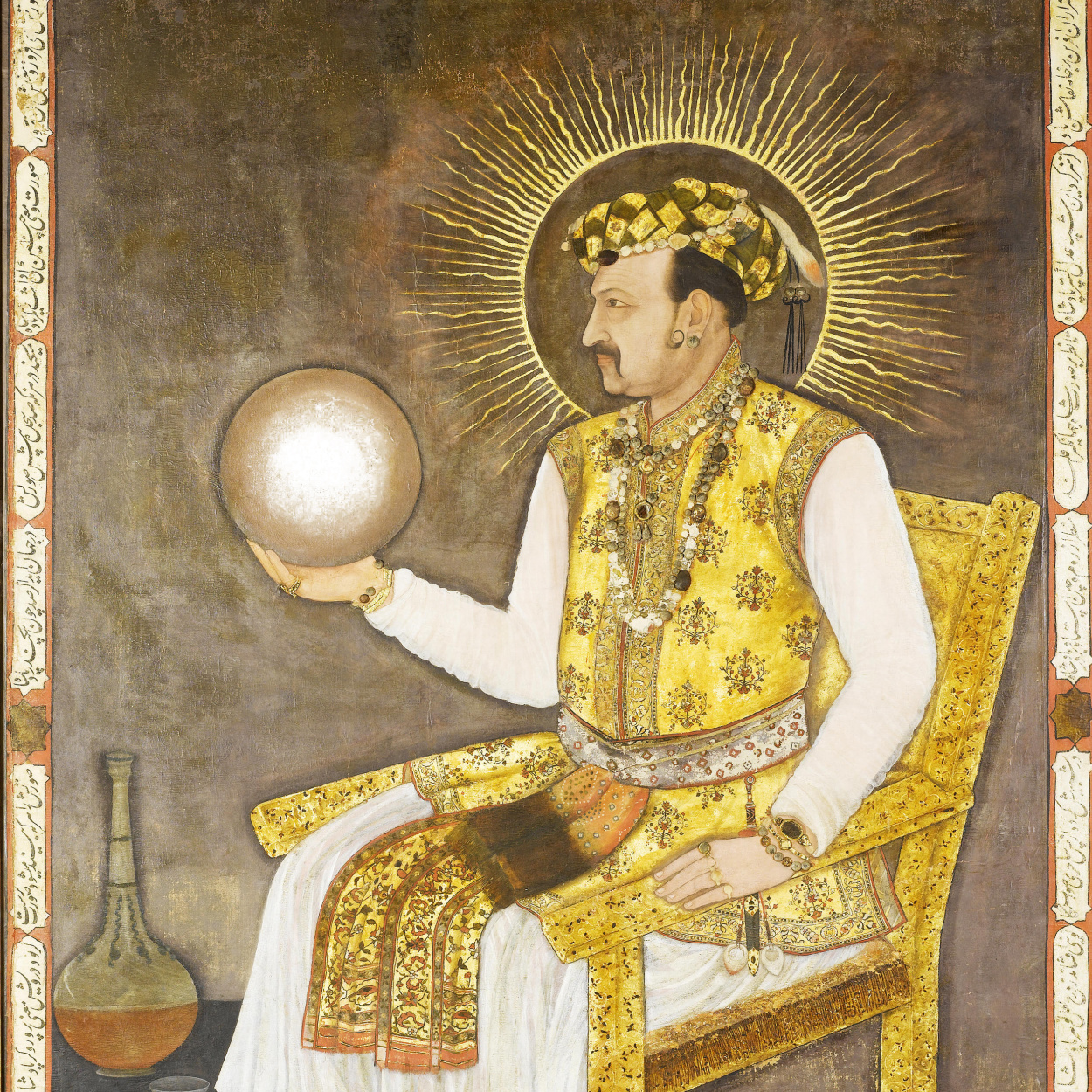Television screens across the globe flickered with his image. The weight of the world’s adoration pressed heavily on his shoulders. Lance Armstrong, perhaps the greatest ever in his field, sat across from Oprah.
“Did you ever take banned substances to enhance your cycling performance?”
And with a quick breath and a nod of his head, “Yes,” the legend was gone.
Charles Shepard sat in the 1980s newsroom of the Charlotte Observer when his phone rang. He covered a number of beats, including that of Jim and Tammy Faye Bakker, among the most influential televangelists in the country.
“My name is Jessica Hahn,” the voice said, “Jim Bakker paid me off after raping me.”
James Frey invented a story about being a hero in the third world. Ravi Zacharias, an influential pastor, was involved in a massive sexual misconduct scandal. Brian Williams, Mark Driscoll, John Rigas, Mike Daisey, Jayson Blair, Stephen Glass, and Peter Popoff all presented one image to the world that was shattered when it was discovered they were cheats—not at all who they presented themselves to be.
Tim Ballard—the influential leader in the anti-child-sex-trafficking arena—may have now joined their ranks. As a hero to many Latter-day Saints, a faith he shares, Ballard has been credibly accused of sexual misconduct, fabrications of his work, misappropriation of funds, and falsely claiming official church support.
An Ongoing Story
To be clear, the story is still being written about Tim Ballard. Details will continue to come out. Ballard has denied the allegations entirely. There are certainly cases where politically useful public accusations turn out to be baseless, such as Richard Jewell and the Atlanta Olympic bombing, the Dreyfus Affair, or the Duke Lacrosse Team.
The evidence facing Ballard includes records from a police investigation (though they have not yet been released in full), a resignation, video evidence, and accusations from seven women. And while Vice as an outlet is certainly guilty of overstating the evidence in pursuit of its agenda at times, the evidence in support of this reporting is robust, reasonably high-quality evidence.
In addition, the decision of a major institution, The Church of Jesus Christ of Latter-day Saints, to conclude that Ballard was involved in “activity regarded as morally unacceptable” holds significant weight. (Some have questioned whether the Church, in fact, released the statement quoted by Vice. I have independently verified the statement, as have multiple other trustworthy sources.) For everyday Latter-day Saints like me, the fact that the Church publicly weighed in on these accusations lends them a significant amount of credibility even while some details are still to emerge.
For a still-developing story, withholding judgment can be appropriate. This is true both for Ballard and for those judging the Church for the propriety of its statement without knowing what information the Church is privy to. As the evidence continues to stack up, it can be valuable to begin processing the information that does exist and considering a way forward.
A Real Price
It’s tempting to dismiss the fall of a hero as inconsequential, to say, “Grow up, no one is perfect.” But the reality is far more complex. Heroes, especially those with significant influence, don’t just inspire; they shape perceptions, mold values, and set standards. When they fall, the ripple effects are profound, often causing pain, disillusionment, and a reevaluation of deeply held beliefs.
These fallen heroes have real-world impacts.
When our heroes fall, we can easily feel as though we are being attacked and even become defensive on their behalf.
Bill Cosby, once affectionately dubbed “America’s Dad,” was more than just a comedian; he was a cultural icon. His influence on American television and his pioneering role as a Black comedian made his conviction on sexual assault charges all the more devastating—posing challenging questions for those who identified with and looked up to him.
This has led to a complicated response from fellow black male comedians. Jerod Carmichael said, “It’s a place of categorizing that you have to take your mind to in order to not erase any good memory, but also being aware of the responsibility you have to be a moral person. … There are real, serious accusations. … The mind is torn. But I think both can coexist, even within our own heart.”
Dave Chapelle, meanwhile, crafted a comedy routine about an ugly superhero who must sexually assault women to get his superpowers. While discussing the moral quandary involved, Chapelle compares the hero to Bill Cosby.
These fallen heroes have real-world impacts.
Samuel Hislop wrote for Public Square Magazine about “The steep price of hypocrisy in Christian witness” regarding the sexual abuse allegations of Ravi Zachariah and the harm it did to the faith of those around him.
Latter-day Saints even have a scriptural example showing the effects of Corianton’s sexual misconduct on the people he served as a missionary. “O my son, how great iniquity ye brought upon the Zoramites; for when they saw your conduct, they would not believe.”
For those who admire Ballard, such accusations can deeply shake their sense of trust and their sense of place in the world.
A History of Chastisement
The phenomenon of influential figures falling from grace is not new to Latter-day Saints. Historically, the pattern of calling out by name is deeply tied to Latter-day Saint history and practice. The Doctrine & Covenants, revelations from the early history of the Church of Jesus Christ, chastises Oliver Cowdery, David Whitmer, Peter Whitmer Jr., Ezra Thayre, Frederick G. Williams, and Newell K. Whitney. Though each of these figures was also a powerful influence for good, the Lord also saw fit to publicly chastise them. “As many as I love,” the Lord explained, “I rebuke and chasten.”
Historical instances like John C. Bennett’s scandal in Nauvoo remind us that falling public figures aren’t a modern phenomenon. However, the social media age, and the blooming of unvetted religious influencers, have amplified this effect giving rise to figures such as Sterling Van Wagenen, Denver Snuffer, Natasha Helfer, and most recently, Ruby Franke.
Tim Ballard is only the latest in this trend, though because of his political poignancy and the recent popular film fictionalizing his claims about his life, his scandal is larger and more notable than most of these.
Still, some wonder why the Church would call out Ballard and not these other figures. Others wonder about the prudence of using Ballard’s name. In our influencer age, names are an institution complete with brand, persona, and ideology. Ballard’s approach to personal branding certainly fits into this mold. As the Latter-day Saint blog “Wheat and Tares” recently pointed out, this kind of public distancing is not only found in church history but in the recent past.
It occurred when Ammon Bundy claimed his seizure of federal property was based on scriptural principles. And when Ayla Stewart publicly claimed that the Church’s statement condemning racism supported her white-supremacist views, the Church issued an amendment that “Church members who promote or pursue a ‘white culture’ or white supremacy agenda are not in harmony with the teachings of the Church.”
The unifying feature of these public statements is they respond to individuals who claim authority or support from the Church, which they do not, in fact, have. As a result, these kinds of rebukes have more often occurred to those on the political right since they are speaking to an audience that is attracted to authority. When left-wing figures similarly speak in opposition to church teachings, they often do so as anti-institutionalists, so the parallel issues can be dealt with privately through membership councils since there are no public claims of support the institutional Church needs to contend with in these cases.
This is particularly sensitive when it involves issues of financial enrichment, as Ballard is accused of. The Doctrine and Covenants sections chastising Frederick G. Williams and Newell K. Whitney both refer to financial matters. More recently, in 2015, an internet store was set up by a family member of a general church officer to profit off of his general conference remarks. By the next day, the financial venture was stopped, and the general officer issued a public apology.
The Book of Mormon contains many enjoinders against what it calls priestcraft and defines it as those who preach “that they may get gain and praise of the world; but they seek not the welfare of Zion.” Priestcraft is a concern for all church-adjacent influencers and organizations and something each person should carefully consider in choosing their influencers.
Perceptions, Politics, and Peace
If our perceptions are skewed toward one political bubble, when incidents occur, we immediately put the participants into the hyper-stylized roles of our echo chambers. This makes the heroes seem more heroic and the villains more villainous, and when anything happens that contradicts that view, we adopt a mechanism to reconcile it.
Take, for example, the case of a teenager wearing a MAGA hat who had a standoff with a Native American elder. The initial video clip went viral, with many quick to condemn the teenager’s perceived disrespect. However, as more footage emerged, the narrative became more complex. One political bubble had moved on and largely dismissed new developments, while the other used the new developments to craft a new story about media villainy.
Such incidents highlight the role of identity politics and tribalism in shaping our reactions. Rather than evaluating events on their merits, we often view them through the lens of our affiliations. How would the responses to this matter change if the political affiliations were flipped?
The media, with its need for clicks and views, plays a role in magnifying these divisions by confirming the biases of one camp, and outraging the other camp, generating crucial click-through and ad views from both.
Latter-day Saints who were all-in on Ballard are now faced with a difficult conflict to navigate. One approach is to deny it entirely. This is the approach that Ballard has taken, not only denying the allegations but denying that the Church even issued the statement—it has. Similarly, some seek to undermine the legitimacy of enough of the relevant information that their worldview is back in equilibrium.
Others choose to ignore the allegations because of the biased system that produced them. Comedian Eddie Griffin chose this approach to the Bill Cosby scandal, saying, “There is a systematic effort to destroy every black male entertainer’s image. They want us all to have an asterisk by our name,” before listing the controversies of several popular black entertainers and athletes.
Still others use the scandal as evidence that the tragic figure must be making a difference or the “powers that be” wouldn’t want to bring them down. In this case, public misbehavior can, unfortunately, increase someone’s public influence.
Meanwhile, those on the other side politically use these examples of human failing as little more than points to score in a cultural war battle.
We must avoid each of these types of reactions. For Latter-day Saints struggling to understand why an individual whose work they love and the Church they love may appear at odds, the answer is not these kinds of mechanisms that serve to only dig in. And we should never succumb to celebrating sin. Rather the answer may be found among the lyrics of a Latter-day Saint hymn, “Where can I turn for peace? … Where, when my aching grows? Where in my need to know, where can I run?” The hymn answers simply that we can turn to Jesus Christ.
We are All Fallen
Business leader Tara Mohr wrote about dealing with fallen heroes. She wrote that when we discover our public heroes have fallen short, “it can leave us disillusioned not just about the hero but also about the ideals that he or she seemed to stand for. … we confuse admiring the work with admiring the person.”
She goes on to suggest that the part of people who stand for true principles and the part that violates those same principles come from different parts of them and suggests that sometimes it’s those who are most in need of learning those principles who become public figures supporting them. She adds, “Don’t think you have to find a way to love all their personal decisions because you love their work.”
The only sure foundation is Jesus Christ
The temptation to justify is particularly difficult when amplified through the lens of our tribalistic culture. But this is not necessary. The work of combatting childhood sexual abuse remains important regardless of the personal failings of one individual involved with that work.
We are all fallible human beings. And we will all fall short and disappoint those around us. We are all sinful regardless of our politics, religion, culture, wealth, or any other feature or identity.
As the narrative around Tim Ballard unfolds, it serves as a poignant reminder of the fragile nature of human integrity. Institutions, including churches, have a responsibility to their members and the public and, at times, must take stances to maintain institutional integrity and provide moral clarity, drawing from a deeper well of understanding and discernment.
Yet, as individuals, especially as Christians, we must resist the allure of trial by media and instead approach such situations with a heart that seeks both justice and mercy. People will always fail us at some point. The only sure foundation is Jesus Christ and the redemption found in Him. By placing our faith in Him, we need not rush to judgment nor feel compelled to defend the indefensible. Instead, we can navigate these tumultuous waters with grace, compassion, and a steadfast commitment to truth, love, and righteousness.

















